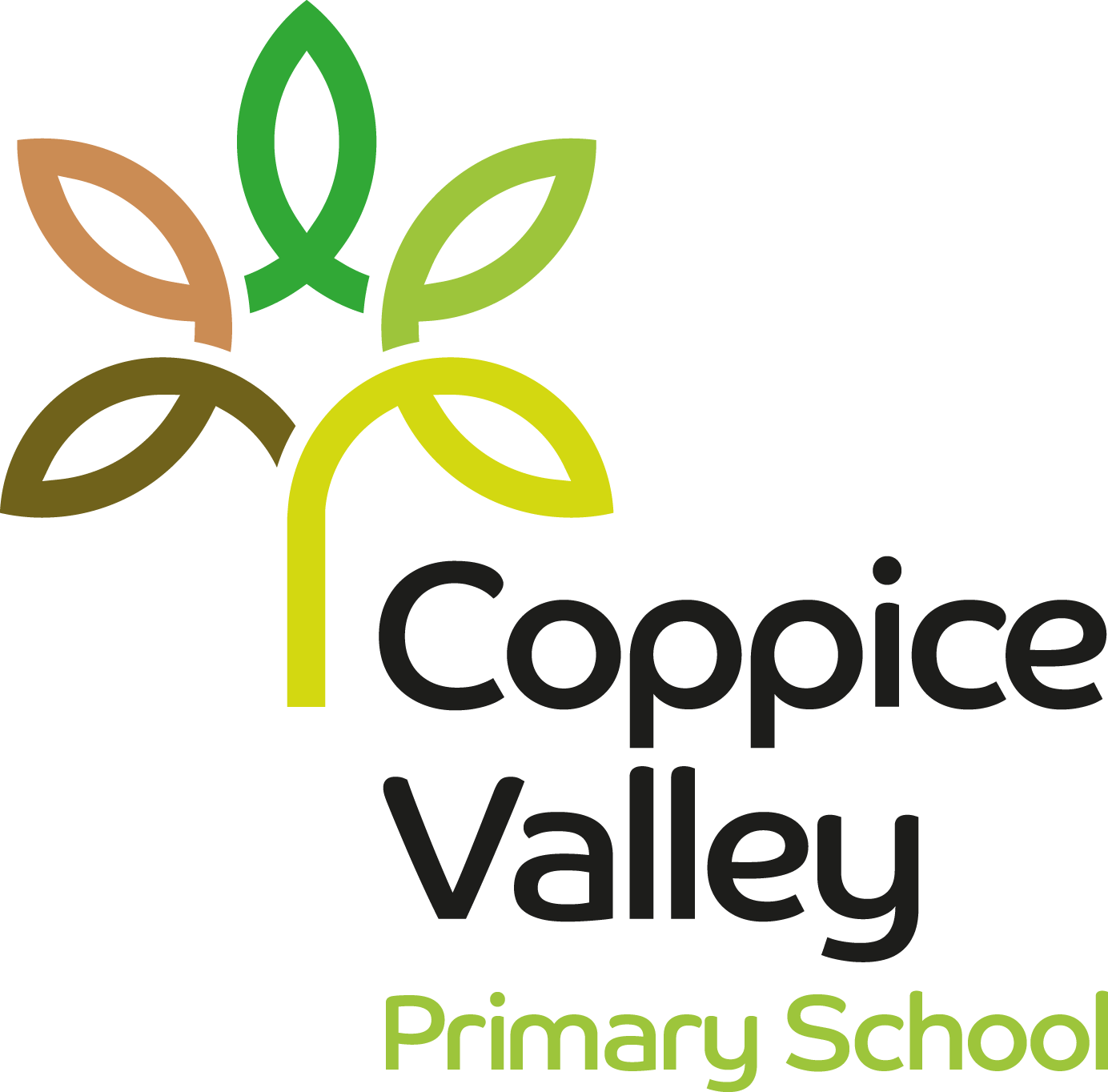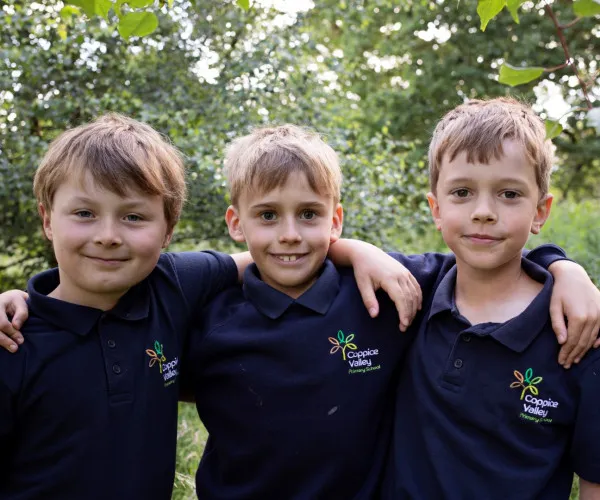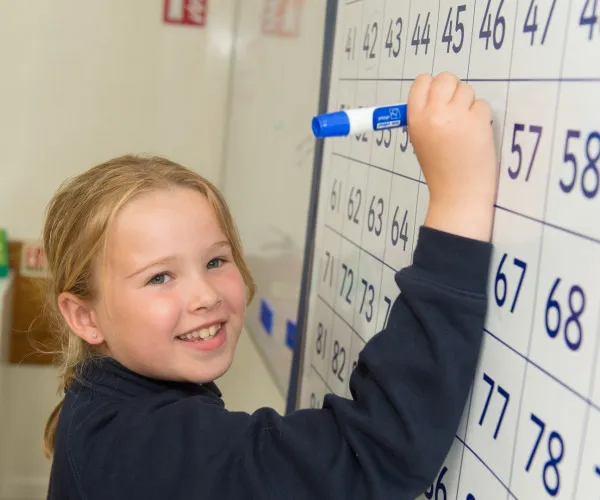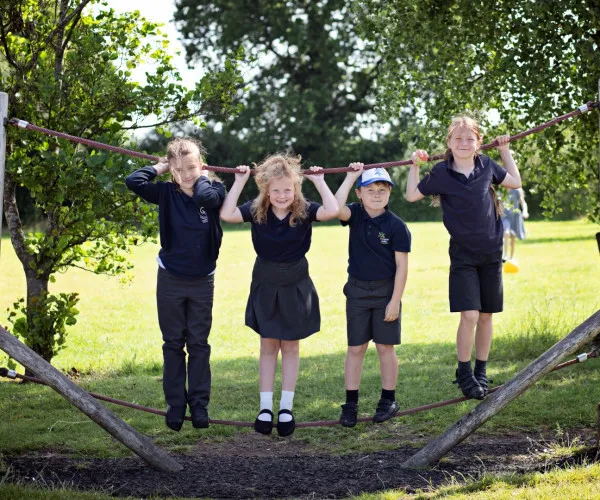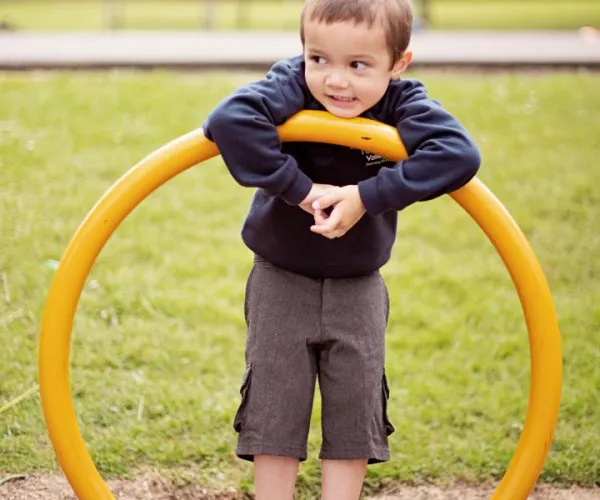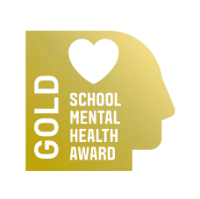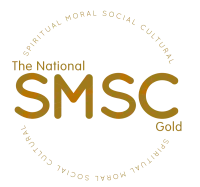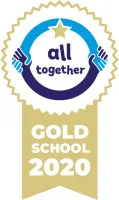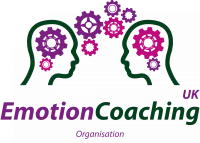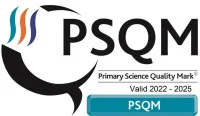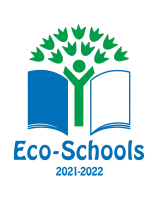Computing
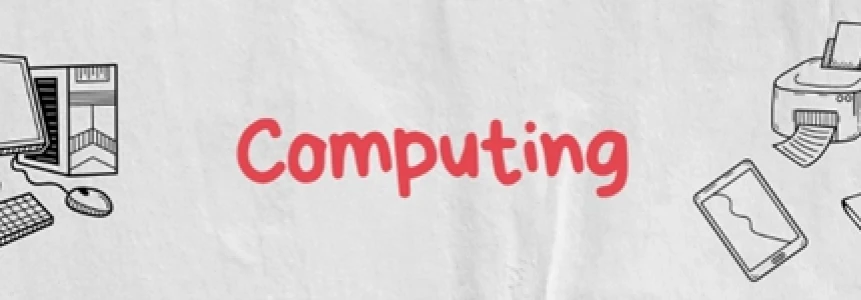
The subject leader for Computing is Mr Whaite.
Building digital skills for a connected world.
- Curriculum Overview (EYFS-Y6)
- Vocabulary Overview (EYFS- Y6)
Our computing curriculum is designed to equip pupils with the knowledge and skills to thrive in a digital world. Aligned with the National Centre for Computing Education (NCCE), our intent is to develop confident, responsible, and creative users of technology. Through a carefully sequenced and inclusive approach, we aim to:
- Foster computational thinking and creativity to understand and change the world.
- Ensure digital literacy so pupils can use technology safely, respectfully, and effectively.
- Build foundations in computer science, information technology, and digital citizenship.
- Prepare pupils for the ever-changing digital landscape with practical, meaningful learning experiences.
- Support inclusion and access for all learners, reducing the digital divide.
E-Safety
E-safety is a fundamental aspect of the primary computing curriculum, ensuring that children grow up to be safe, respectful, and responsible digital citizens. Through the National Centre for Computing Education (NCCE) and Project Evolve, e-safety is embedded progressively across all year groups, focusing on age-appropriate guidance and real-life relevance.
Pupils learn to:
- Understand risks associated with online activity, including sharing personal information and interacting with others.
- Recognise inappropriate content, contact, and conduct, and know how to respond.
- Develop critical thinking about digital content, including misinformation and online behaviour.
- Explore themes such as digital footprints, privacy, cyberbullying, and online reputation.
By integrating e-safety into regular computing lessons and wider school life, these schemes help ensure children are not only digitally skilled, but also digitally safe and ethically aware in a constantly evolving online world.
Curriculum Threads
Our Coppice Curriculum Threads: Brave, Kind and Curious are woven throughout our History curriculum.
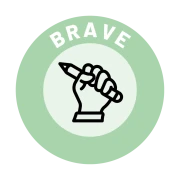 Brave
Brave
At Coppice Valley Primary School, the Computing curriculum is designed to foster BRAVE value - particularly through outdoor learning, communication, and self-confidence - while aligning with the National Centre for Computing Education (NCCE) framework. Pupils engage in outdoor coding activities, such as using programmable devices to navigate real-world spaces, encouraging problem-solving in dynamic environments. Collaborative projects and digital storytelling enhance communication skills, allowing children to share ideas and present solutions confidently. By integrating hands-on experiences with the structured NCCE curriculum, Coppice Valley empowers students to take risks, express themselves, and grow into resilient, tech-savvy learners.
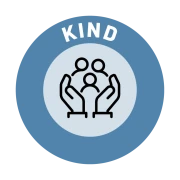 Kind
Kind
Our Computing curriculum actively promotes the value of being KIND by embedding representation, equality, and diversity into every aspect of learning, in line with the National Centre for Computing Education (NCCE) framework. Lessons highlight diverse role models in technology and challenge stereotypes around who can succeed in computing, ensuring all pupils see themselves reflected in the subject. Through inclusive teaching practices and collaborative digital projects, students learn to respect different perspectives and work equitably as teams. This approach nurtures a sense of belonging and kindness, encouraging every child to thrive in a supportive and respectful computing environment.
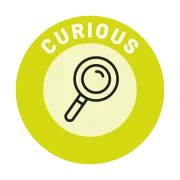 Curious
Curious
Our Computing curriculum inspires students to be CURIOUS by fostering discovery, problem-solving, and creativity, where pupils are encouraged to explore how technology works through hands-on coding tasks, open-ended challenges, and digital investigations that spark inquiry and innovation. Whether debugging programs, designing interactive games, or experimenting with digital media, students develop resilience and critical thinking skills. This curiosity-driven approach empowers learners to ask questions, explore solutions, and express their creativity through technology in a purposeful and engaging way.
